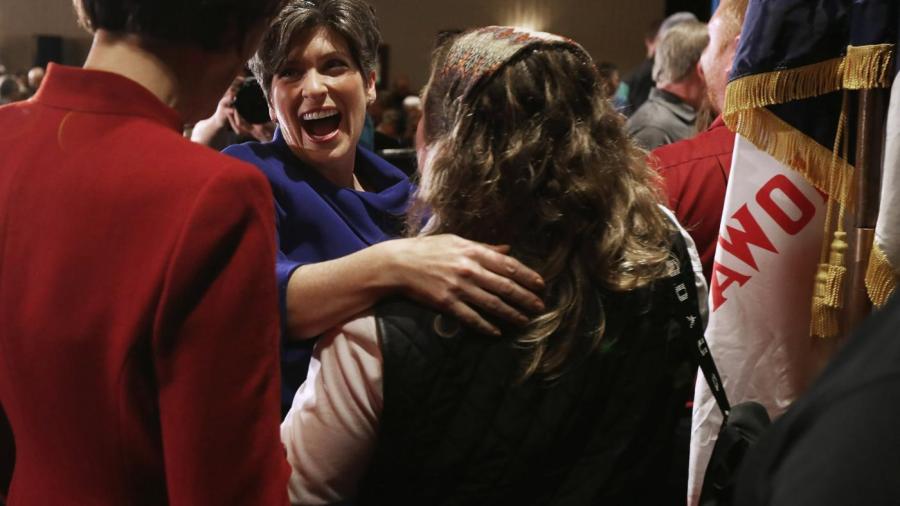What Are the Formal and Informal Qualifications for Congress?

The formal qualifications to run for U.S. Congress are fewer than the informal qualifications that have been developed and altered over time. Informal qualifications change as new priorities emerge within the American political system. The formal qualifications for a candidate for a seat in the U.S. House of Representatives or the U.S. Senate are listed in Article I of the U.S. Constitution.
A person elected to the House of Representatives must be at least 25 years of age, have been a citizen of the United States for seven years and be a resident of the state in which he is running. The formal qualifications for a U.S. Senator require that a candidate be at least 30 years of age, a citizen of the United States for at least nine years and be a resident of the state in which he is running.
Informal qualifications for both positions are more important in today’s political landscape. Candidates must be educated and knowledgeable about national and international events and policies. The ability to communicate well and debate conflicting ideologies with rationality is an important qualification for all politicians. Congress members should express a desire to devote their time to public service and the benefit of the American people, as well as maintain a certain standard of ethics and honesty. It is also necessary that the candidate have the ability to raise enough money to fund his run for office.





